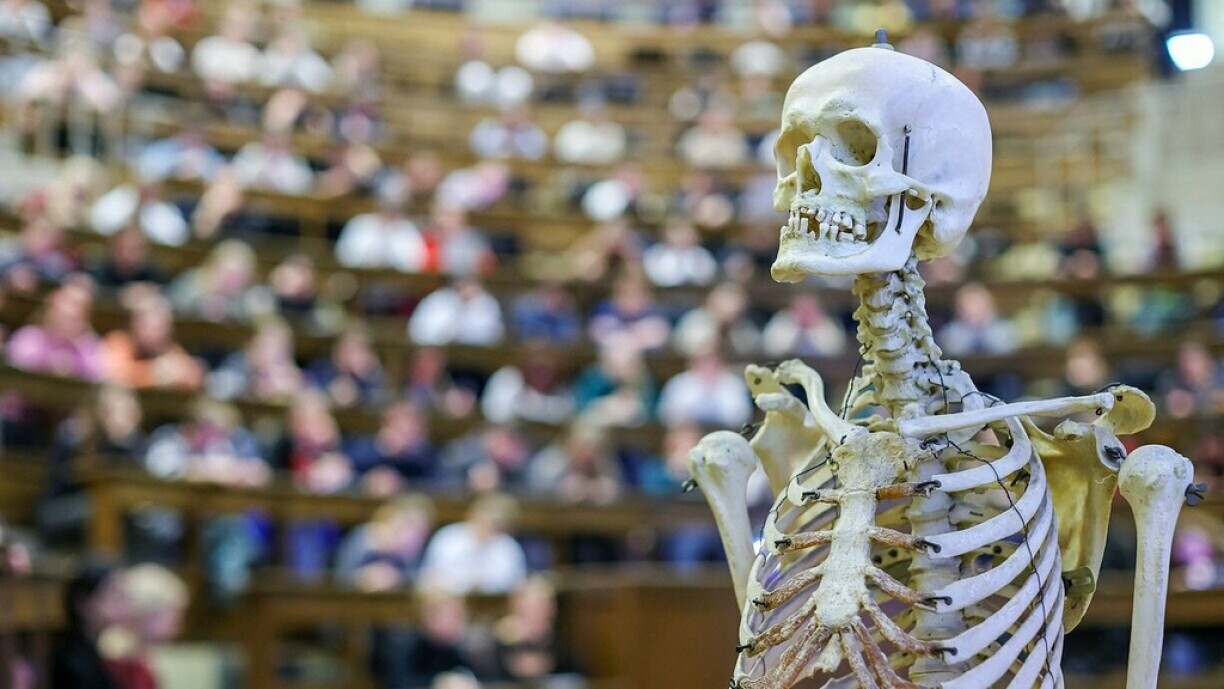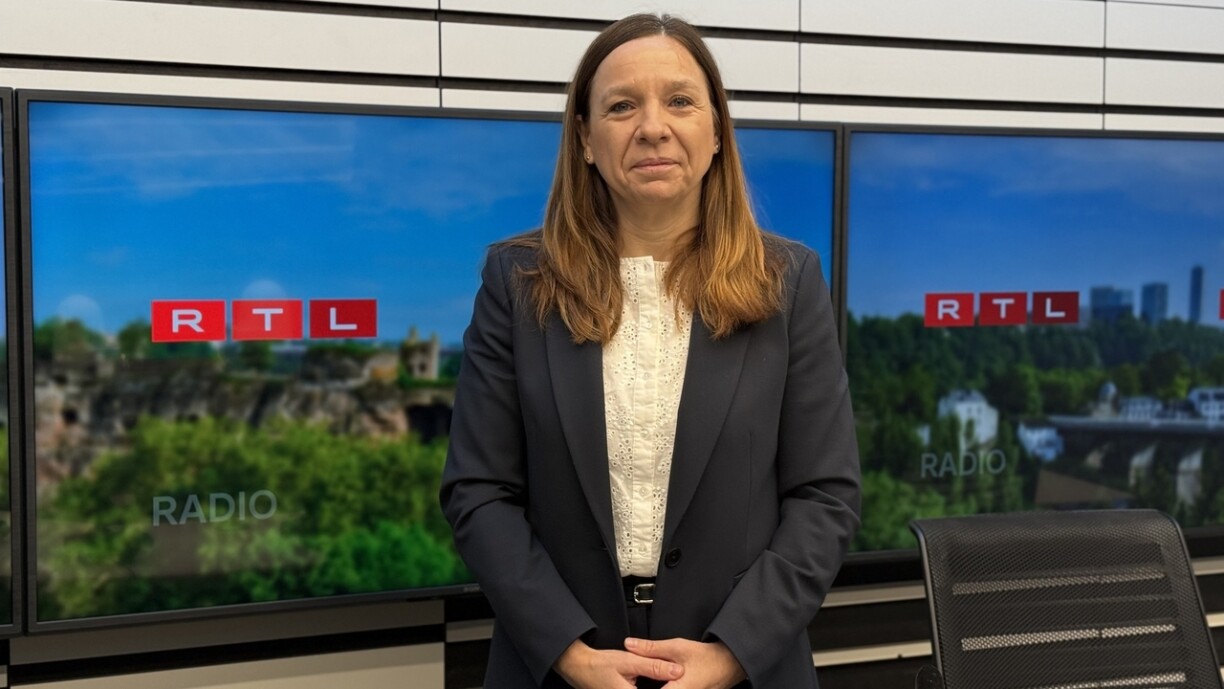
Obertin, who has kept a relatively low political profile until recently, was confronted with two major issues at once: strong objections from the national federation of student circles (ACEL) over the Student Fair’s location in Belval and rumours linking her name to potential changes within the government.
Asked whether these tensions had made her reconsider the fair’s venue, the minister explained that the situation required a broader rethink. She recalled that until 2019, the event had taken place at Luxexpo. The pandemic forced a move: first to a virtual edition, then to Belval, where distancing rules could be respected.
Because the fair had to be significantly downsized during that period, the ministry limited participants to higher education actors, she said. She added that, although normal in the context of Covid, this shift fundamentally changed the fair’s scope.
With the pandemic now long behind, the last two editions offered a return to an in-person format. Obertin said the intention had been to give Belval a fair chance, evaluate how well it worked, and address recurring criticism, from ACEL, pupils, teachers, and schools, about accessibility and layout. The ministry also worked to improve signposting and even created a digital app to help visitors navigate the site, but the tool was barely used, she explained.
After reviewing this year’s edition, the ministry concluded that Belval no longer suited an expanded concept. Obertin noted that if the fair is to offer a broader range of information, including non-academic training paths, the facilities on the university campus are simply too limited. A more central, accessible location, one better served by public transport and easier for students to visit spontaneously after class, will therefore be chosen.
Obertin confirmed that she met ACEL representatives on Monday and they began discussing possible venues. She did not wish to pre-empt the final decision but said several options were on the table. A large tent on the Glacis, she noted, would pose logistical challenges such as sanitation and infrastructure, making fixed structures more likely.
A return to Luxexpo is not excluded, depending on the size and final concept, though she acknowledged the budgetary constraints: the ministry has earmarked €250,000 for the 40th edition, and any venue must remain within or close to that amount. Obertin said ACEL had shown readiness to find compromise and that she was optimistic a suitable site would be agreed soon.
The youth council and the CSV’s youth wing had also publicly supported ACEL’s criticism. Asked whether this amounted to political pressure from coalition partners, Obertin dismissed such speculation, saying she focuses on her mandate and work, not party manoeuvring. She also rejected the suggestion that she might soon leave politics and return to medical practice, stating that she is committed to her ministerial responsibilities.

On the question of healthcare, Obertin acknowledged the wider concerns about shortages of doctors and medical staff and agreed that Luxembourg must become more attractive to young medical professionals. This connects directly to the longstanding debate over extending the University of Luxembourg’s medical training to include a full master’s degree.
An external evaluation of the bachelor programme, long considered a prerequisite for any expansion, is due to be presented to the parliamentary committee next week.
Obertin confirmed that the evaluation has been positive and that the government will move ahead with establishing a master’s programme in medicine. She emphasised that Luxembourg’s reliance on neighbouring countries is no longer sustainable, particularly as those countries face their own staff shortages.
The Covid border closures and the Sorbonne University’s recent decision to limit foreign student admissions were clear reminders, she said, that Luxembourg must take responsibility for training its own doctors.
Developing a medical master’s programme will require close collaboration with hospitals, since they provide half of the clinical training. According to Obertin, hospitals are willing and ready to take on that role. A working group is already in place, and the legislative process is expected to begin in 2027, with the aim of offering the full master’s programme in Luxembourg in 2029 or 2030, provided all actors stay aligned.